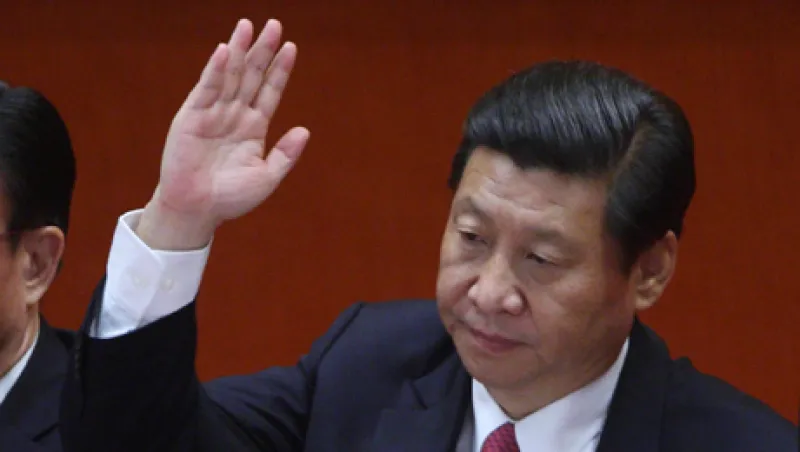
Xi Follows in Deng's Steps in China
China's incoming leader Xi Jinping emphasizes reform during his first public speech, before local leaders in Shenzhen.
Allen T Cheng
December 17, 2012


